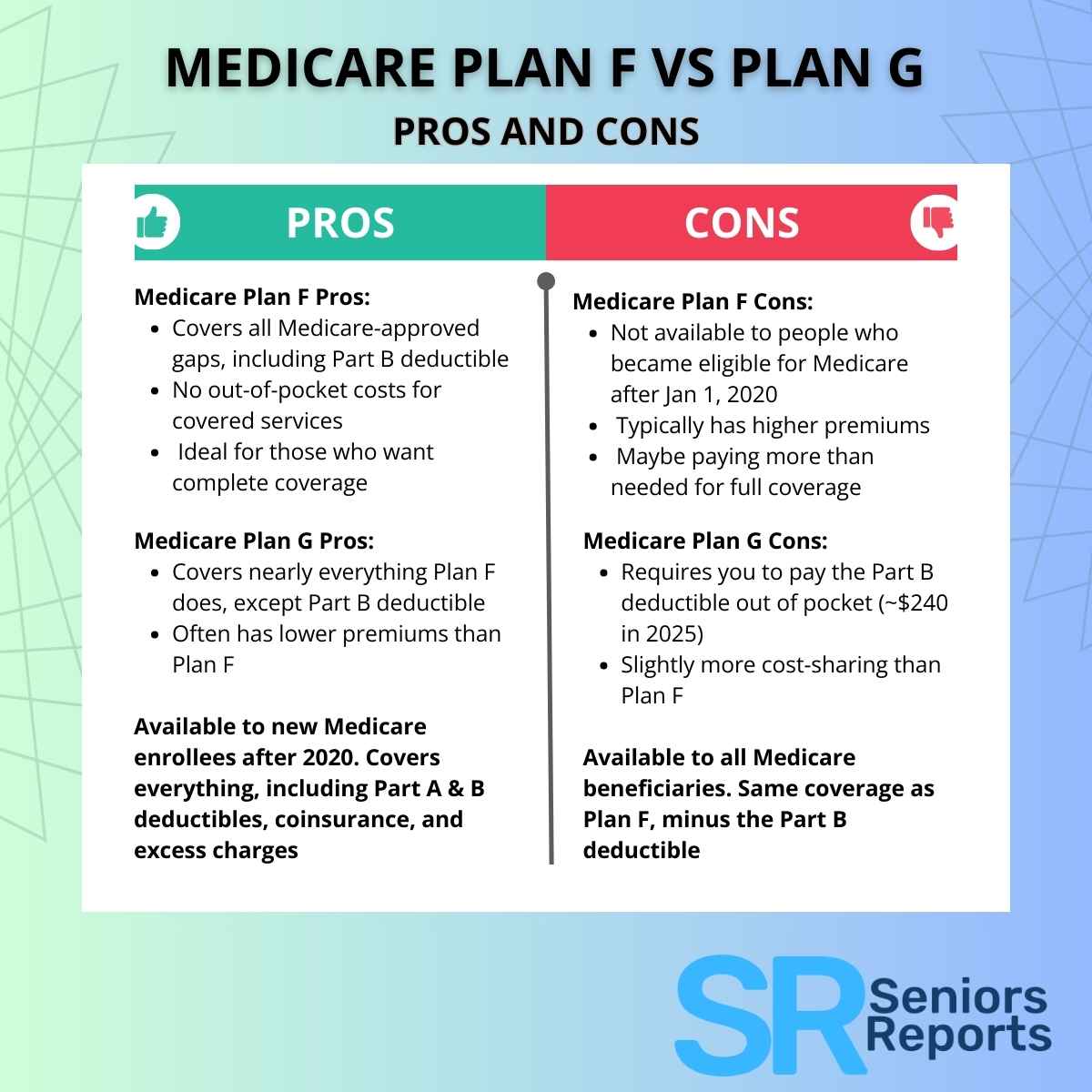One-Time Capital Gains Exemption for Seniors in the USA
By Guy Shap – Senior Living and Retirement Expert | Healthcare Professional | Mental Health & Seniors Tax Researcher
Is there a one-time capital gains exemption for seniors?
Planning for retirement can be challenging, especially when navigating the complex world of taxes. One of the most common questions from retirees is, “Is there a capital gains exemption for seniors?” The short answer is yes, but it’s nuanced. If you’ve been wondering how to save on taxes, especially when selling your home or investments, this guide is for you.
This news post will explain “capital gains tax exemption for seniors” strategies, provide example scenarios, and offer insights on maximizing your savings.
Jump To
Table of Contents
What is the One-Time Capital Gains Exemption for Seniors?

The term “one-time capital gains exemption for seniors” is often misunderstood. Many seniors remember an old rule allowing individuals over 55 to exclude $125,000 in capital gains from the sale of their primary residence. However, this rule was repealed in 1997.
Now, all homeowners, regardless of age, can exclude up to $250,000 of capital gains ($500,000 if married filing jointly) from the sale of their primary residence. To qualify, you need to meet the following conditions:
- You’ve owned the home for at least two years.
- It has been your primary residence for two of the last five years.
Unfortunately, there’s no age-specific exemption for seniors. However, specific strategies can help retirees reduce or avoid capital gains taxes altogether.
Current Capital Gains Tax Rates for Seniors
Capital gains are taxed differently based on whether they are short-term or long-term. Here’s a quick overview of the current rates:
| Tax Type | Holding Period | Tax Rate | Example |
|---|---|---|---|
| Short-Term | Held for 1 year or less | 10%–37%* | Selling stocks within months of purchase. |
| Long-Term | Held for more than 1 year | 0%, 15%, 20% | Selling a home or stock held for years. |
*Short-term rates align with your ordinary income tax bracket.
For seniors, the long-term capital gains tax brackets for 2024 are as follows (married filing jointly):
- 0% if your taxable income is $94,050 or less
- 15% if your income is between $94,051 and $583,750
- 20% if your income exceeds $583,750
Pro Tip: Planning your income to fall under these thresholds can help lower or eliminate capital gains taxes.
Tax-Smart Strategies for Seniors to Reduce Capital Gains Taxes
If you’re concerned about capital gains taxes for seniors, here are some strategies to help you minimize or avoid them altogether.
1. Hold Assets for at Least One Year
Selling investments after holding them for more than a year qualifies you for the lower long-term capital gains rates.
2. Leverage the Primary Residence Exclusion
When selling your home, take full advantage of the $250,000 exclusion ($500,000 for married couples) on capital gains.
Example
- You bought your house 20 years ago for $200,000, now worth $600,000.
- You sell the home and realize a capital gain of $400,000.
- If you qualify for the $500,000 exclusion, you will owe $0 in capital gains taxes.
Make sure you meet the ownership and residency requirements to qualify.
3. Offset Gains with Losses (Tax-Loss Harvesting)
If you’ve sold assets at a profit, review your portfolio for unrealized losses. Sell investments with losses to offset gains and reduce your taxable income.
| Scenario | Capital Gains | Capital Losses | Net Taxable Gain |
|---|---|---|---|
| Selling Stock A at Profit | $20,000 | $20,000 | $20,000 |
| Selling Stock B at a Loss | $15,000 | -$15,000 | |
| Net Taxable Income | $5,000 | $5,000 |
You can also carry forward unused losses to future years.
4. Donate Appreciated Assets to Charity
If you are charitably inclined, donate appreciated stocks, mutual funds, or other investments instead of cash. Neither you nor the charity will owe taxes on the gains, and you’ll qualify for a charitable deduction.
| Value of Donated Asset | Capital Gains Taxes Saved | Charitable Deduction |
|---|---|---|
| $20,000 | $3,000 (at 15%) | $20,000 |
Consider setting up a donor-advised fund to manage more substantial charitable contributions.
5. Make Use of Qualified Charitable Distributions (QCDs)
If you’re over 70½, you can donate up to $105,000 annually from your IRA directly to a charity. This reduces your taxable income and may lower your overall tax burden.
6. Gift Assets to Family
Giving appreciated assets to family members in lower tax brackets may help you reduce your total tax liability. For 2025, the annual gift exclusion is $19,000 per recipient.
Important Note
Ensure the recipient is not subject to the kiddie tax, which taxes the unearned income of minors at parental rates.
7. Set Up a Charitable Remainder Trust (CRT)
Using a CRT allows you to sell appreciated assets without immediate tax consequences. You’ll receive income from the trust throughout your lifetime, while the remaining trust assets are donated to charity tax-free.
8. Step-Up in Basis
When you inherit an asset, the cost basis adjusts to its fair market value at the time of the original owner’s death. This may allow you to sell inherited assets with little to no capital gains tax.
| Scenario | Value When Purchased | Value When Inherited | Sell Price | Capital Gains Tax |
|---|---|---|---|---|
| Original Owner Purchased at | $50,000 | |||
| Step-Up at Time of Death | $200,000 | $200,000 | $0 |
Tools to Simplify Your Planning
Consider using these tools and consulting a tax professional to make financial decisions confidently.
One-Time Capital Gains Exemption Calculator for Seniors
Estimate your tax liability using an easy-to-use resource for seniors contemplating selling investments or homes.
Consult the Experts
Navigating taxes can be overwhelming. To maximize retirement savings, I recommend speaking with a certified financial planner or tax advisor.

FAQs on Capital Gains Tax for Seniors
Q1. Are seniors exempt from capital gains tax?
No, there is no automatic exemption for seniors. However, strategies like the primary residence exclusion or charitable donations can help lower taxes.
Q2. Do seniors pay capital gains on the sale of a home?
If eligible, seniors can exclude up to $250,000 ($500,000 for couples) in capital gains when selling their primary residence.
Q3. How do seniors legally avoid capital gains tax?
Strategies like tax-loss harvesting, charitable donations, and qualified charitable distributions (QCDs) can help reduce or eliminate capital gains taxes.
Q4. Can I use the old “one-time capital gains exemption for seniors”?
No, this rule was replaced in 1997. The $250,000/$500,000 tax exclusion now applies to everyone meeting the primary residence criteria.

Takeaways
Understanding how capital gains tax exemptions for seniors work is essential in securing retirement and keeping your hard-earned money. Planning strategically and leveraging available resources can minimize your tax burden while maximizing your savings.
If you need tailored advice, I’m here to help. Feel free to reach out and leave your feedback and comments below. Together, we’ll ensure retirement remains the golden years you’ve worked so hard for.





